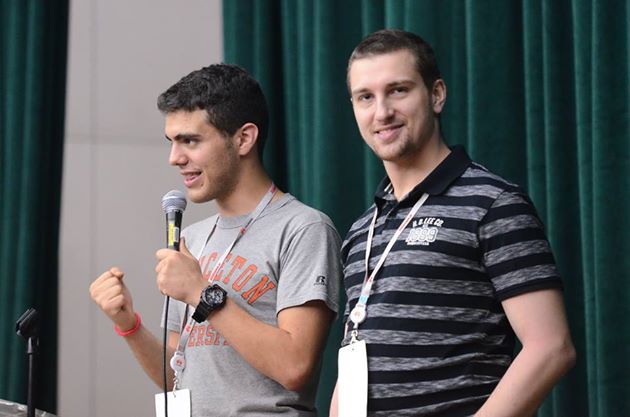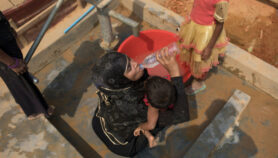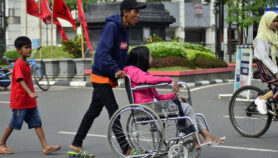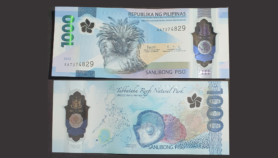By: Shaira Panela
Send to a friend
The details you provide on this page will not be used to send unsolicited email, and will not be sold to a 3rd party. See privacy policy.
[MANILA] After winning a contest, two students of Princeton University in the United States travelled to the Philippines in early June to launch their own contest for technology start-ups creating mobile and web apps intended to help mitigate climate change.
After winning a US$10,000 grant for the Davis Projects for Peace, a prize awarded to US college students for project concepts that contribute to world peace, the Princeton juniors, Jacob Scheer and Miguel Lachanski, decided to partner with De La Salle-College of St. Benilde, a private university in the Philippines, to conduct an environment-themed “hackathon”.
A hackathon, which is distinct from hacking, is an activity where computer programmers and developers spend one to three days collaborating and coming up with software and web projects.
Moved by the TV reports on the devastation caused by super typhoon Haiyan last November, Scheer and Lachanski proposed to conduct a hackathon in the Philippines to design mobile and web apps to help in disaster response and relief efforts, and to protect the environment and mitigate climate change.
Held on 6-8 June in Manila, the hackathon, dubbed “Hack the Climate: Manila”, lasted 56 hours and raised wide interest among Filipino students, web developers, computer programmers and environmental activists.
Diego Ramos, a technology specialist and one of the Filipino partners for the project, tells SciDev.Net that the hackathon has become a record breaker “for being one of the longest, if not the longest, hackathons in the world”.
“What also makes the Manila activity distinct is that it looks like a conference rather than just an ordinary hackathon” Ramos says.
Out of 286 participants, the overall winning team was “Instigators”, which developed a mobile app called “Tanaw” (to see, in Filipino) that crowdsources information about tourist spots, forests, nature preserves and even disaster recovery areas.
Tanaw is also web-based, equipped with a geolocator that helps in tracking reforestation sites. It further provides in-app rewards that can be exchanged for things of practical value once organisations and businesses agree to have their places set up in the application.
"There is also a part of our app on how tourism and diverting foot traffic into a certain area, if done responsibly, can help preserve the area,” Instigators team member Mic Gutierrez tells SciDev.Net.
But the hackathon winners are not the only ones who will benefit from the contest.
“Every team, whether they win or not, will be matched with an NGO who would invest in their projects,” says Ramos.
This article has been produced by SciDev.Net's South-East Asia & Pacific desk.














